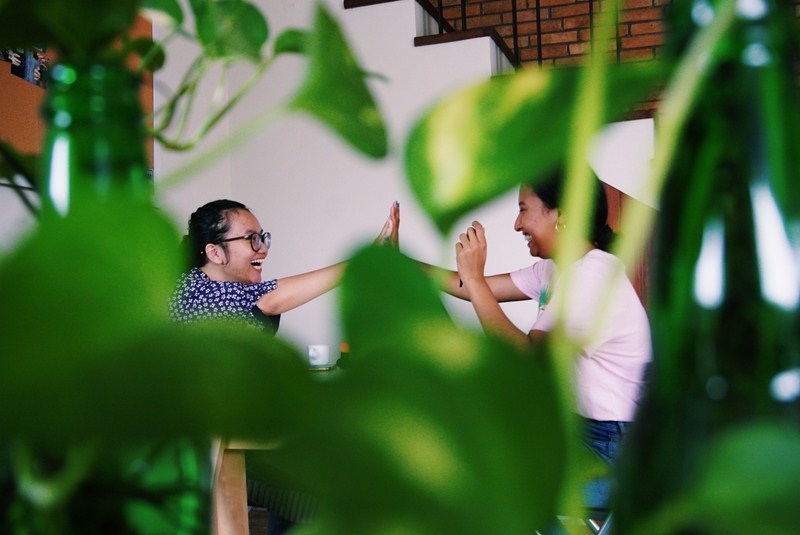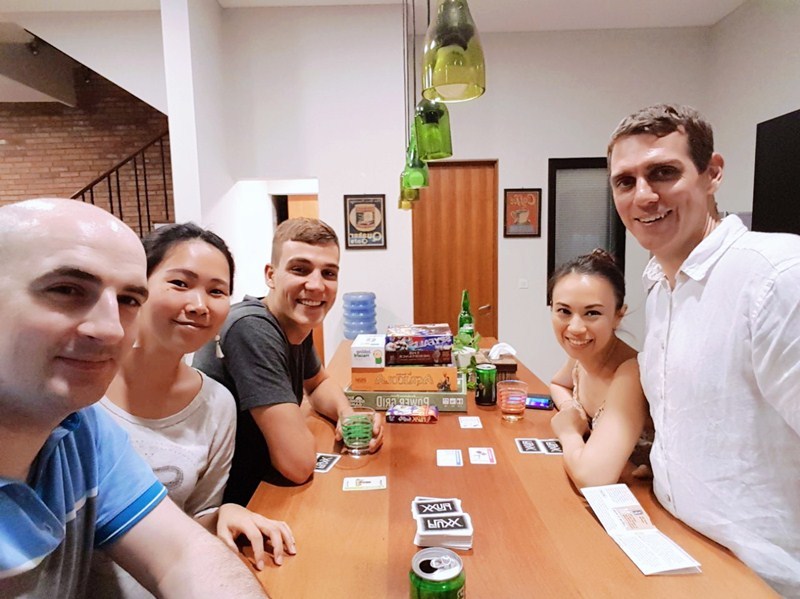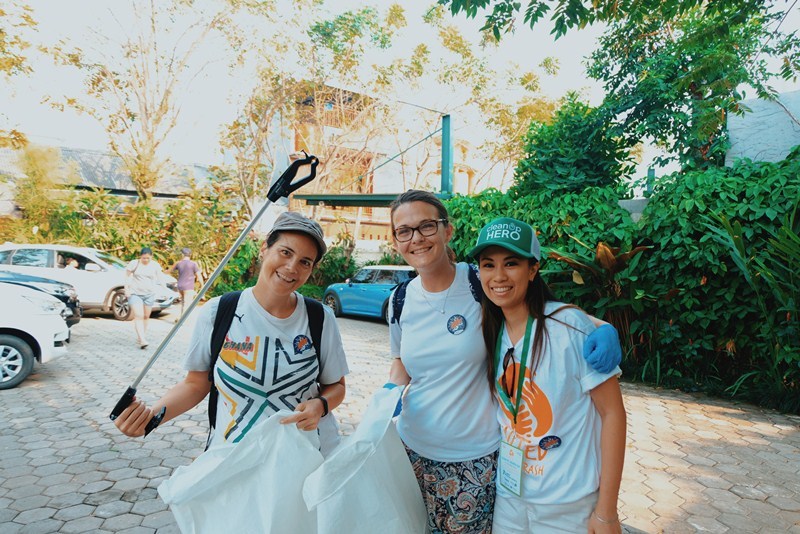Co-living is a new way for people to live in cities, designed to provide convenience, quality and a genuine sense of community. A growing trend in many cities worldwide, Jakarta finally gets its own with Co-Haus.

All too often we’re caught up in our busy lives, no matter where we are. We come home, close the door, effectively shutting ourselves off, and going back to our individual lives. What if there was a space which allowed one to mingle, once home, with like-minded people, build connections, form friendships and foster relationships that last? This is the world of co-living, where all you need is the courage to let go your tired lifestyle and embrace the endless new possibilities. A lifestyle of openness and acceptance while soul-searching in a beautiful oasis that will nourish your thirst for adventure.
“It’s about community. Urban co-living is about creating a safe, comfortable environment where people can live and experience their lives together,” Ben Williams, the founder of the first co-living space in Jakarta, says. Co-Haus, is part of a movement that disrupts the traditional extended stay, serviced apartment concept. Here, residents are not bound by iron-clad contracts that require years of payment up front to secure a place. Rather, those who are in the city for either short periods—or extensive ones—can rent a fully furnished room here with its shared kitchen and recreational facitlities in a way that fosters community engagement.
Williams, who moved to Jakarta over a decade ago, has been involved in vacation rentals in his native United States. Realising that this concept was taking off in other parts of the world but hadn’t seen much traction here, he decided to take on this project two years ago. Fully operational for the past 18 months, Co-Haus targets to reach a captive market that is not yet being served. With its large, well-appointed living quarters, Co-Haus offers common areas which are the focal point of the concept, where people are drawn in to work, interact, and enjoy each other’s company in a way that takes them out of their comfort zones and ultimately ends up breaking down walls. “When expats move here, they have their guard up but they also want to branch out and meet like-minded people,” Williams notes. Indeed, the events at Co-Haus draw the community together. These could be karaoke nights, movie nights, barbeques, cooking classes, or even game nights where residents indulge in healthy competition.

With a few units placed on different marketing platforms, Co-Haus has seen some traction from those looking for a different residential experience while in the city. Guests stay anywhere from six weeks to over one year.
Over 24 nationalities have stayed at the Senayan area property hailing from around Asia, North America and Europe. Williams and his team recall a group of guests from Singapore interacting with guests from Kenya where they ended up dispelling preconceived ideas about each other’s cultures.
More recently, a resident who was returning to the UK after an extended stay, hosted a karaoke night where he ended up meeting a UK-based couple. Perhaps that connection, fostered in Jakarta, could develop into a lifelong friendship, as so many others have during their time here.
Ultimately this is why Co-Haus was created.


“We really like people and we like to get to know people and make them feel comfortable and serve a community.” Williams says. “We have a shared working space, we want people to meet one another and share their journey and life together.”
And it’s not just about bringing people together. Co-Haus’ philosophy works on three pillars: social, environmental and philanthropy.
The residence upcycles material and residents are encouraged to be conscious of the environment, limit the use of single-use products and recycle as much as possible. Co-Haus also supports various social causes as part of its effort to being a more intentional community.
Easily accessed from a main street near the Senayan area, Co-Haus is an oasis of sorts away from the bustle of its urban location, allowing guests to appreciate a piece of Jakarta away from the madding crowd.
Located on a side street that has a vibrant local market with all kinds of tasty foods, it offers a chance for residents to step outside of the garden oasis and get a local experience and step back into the serenity of our community, all in walking distance.
In the next issue of this two-part feature, we will explore Co-Haus and discover the draw of co-living.
Jl. Tanah Baru 1 No. 15
Kebayoran Lama
www.CoHaus.co
@cohausliving






